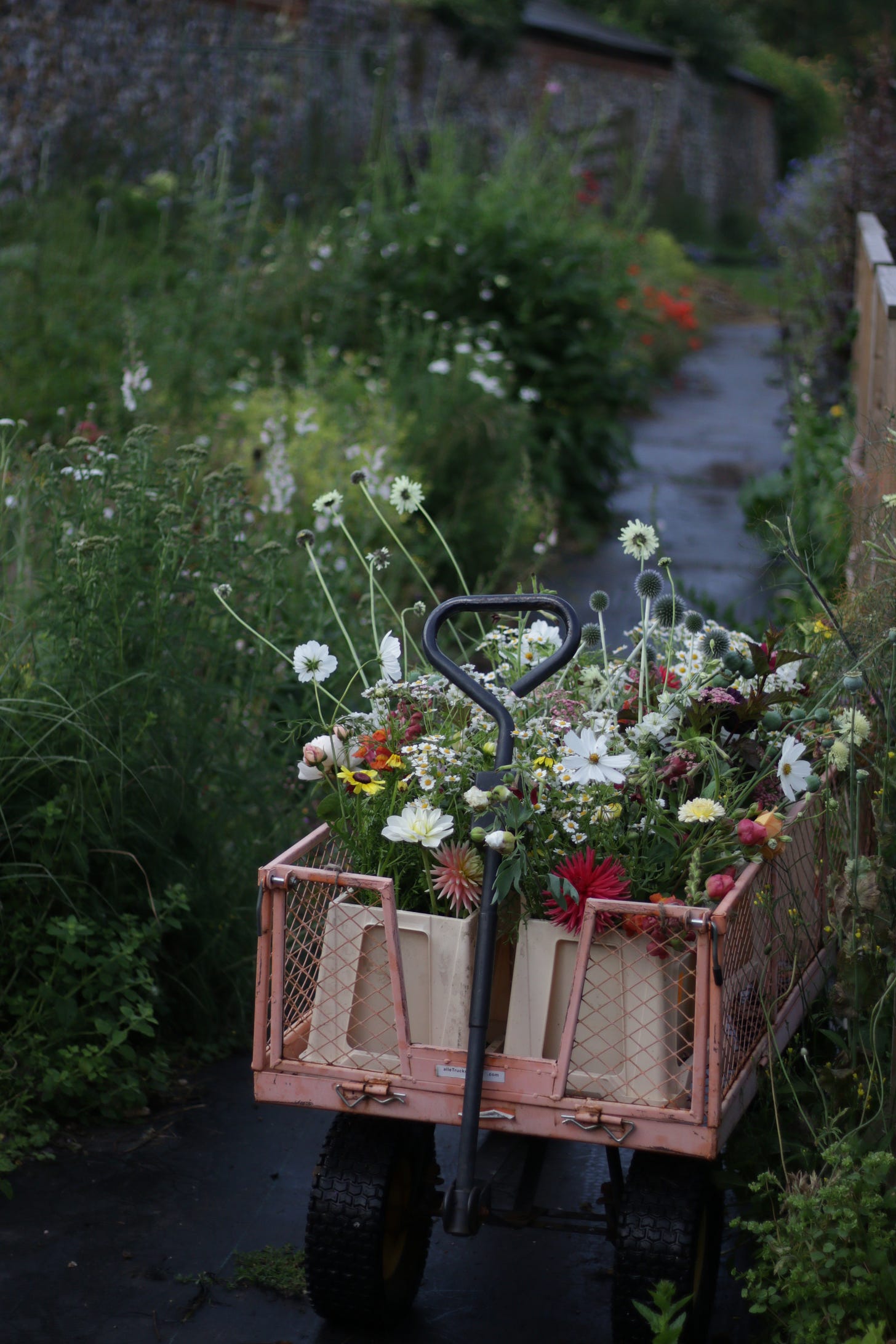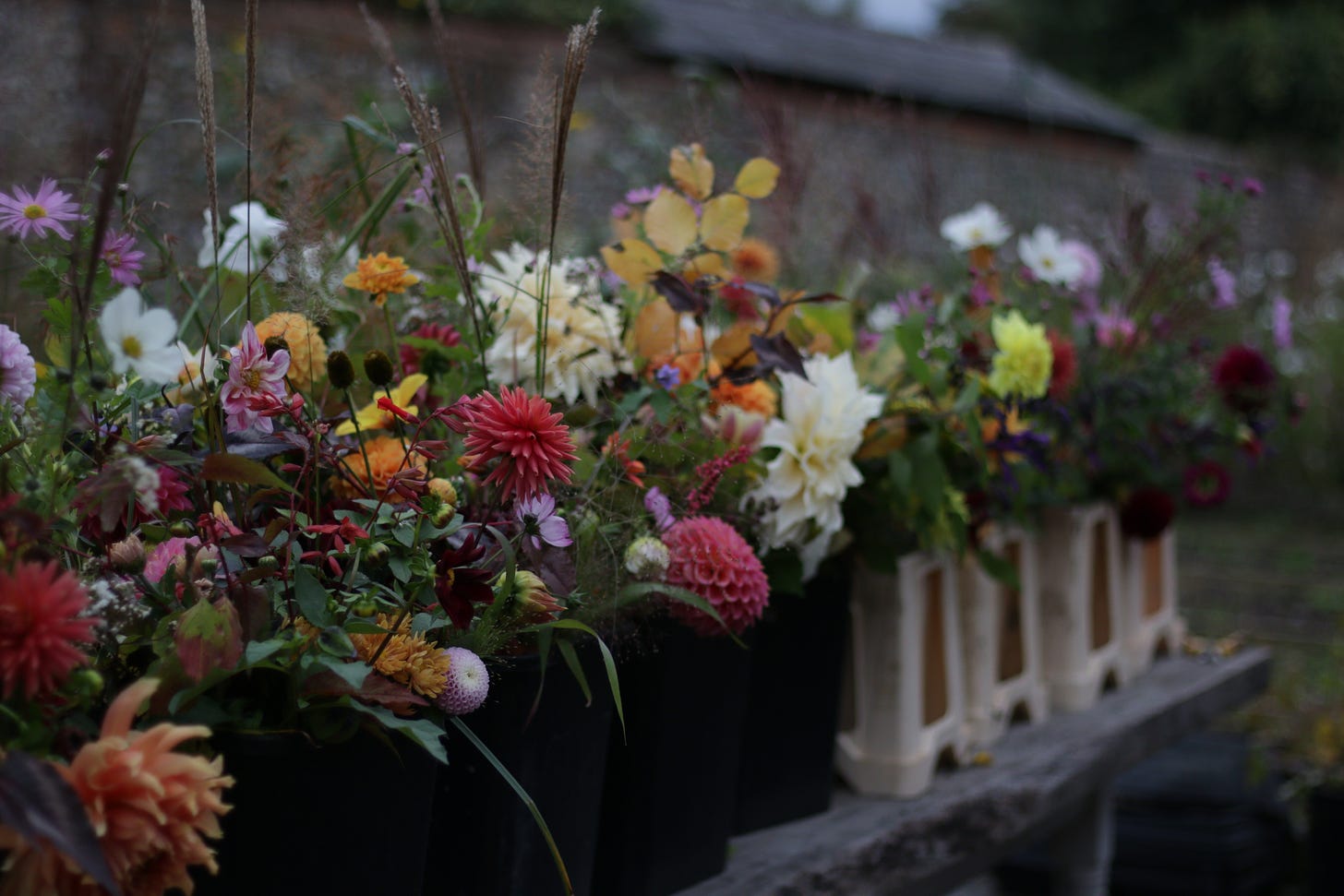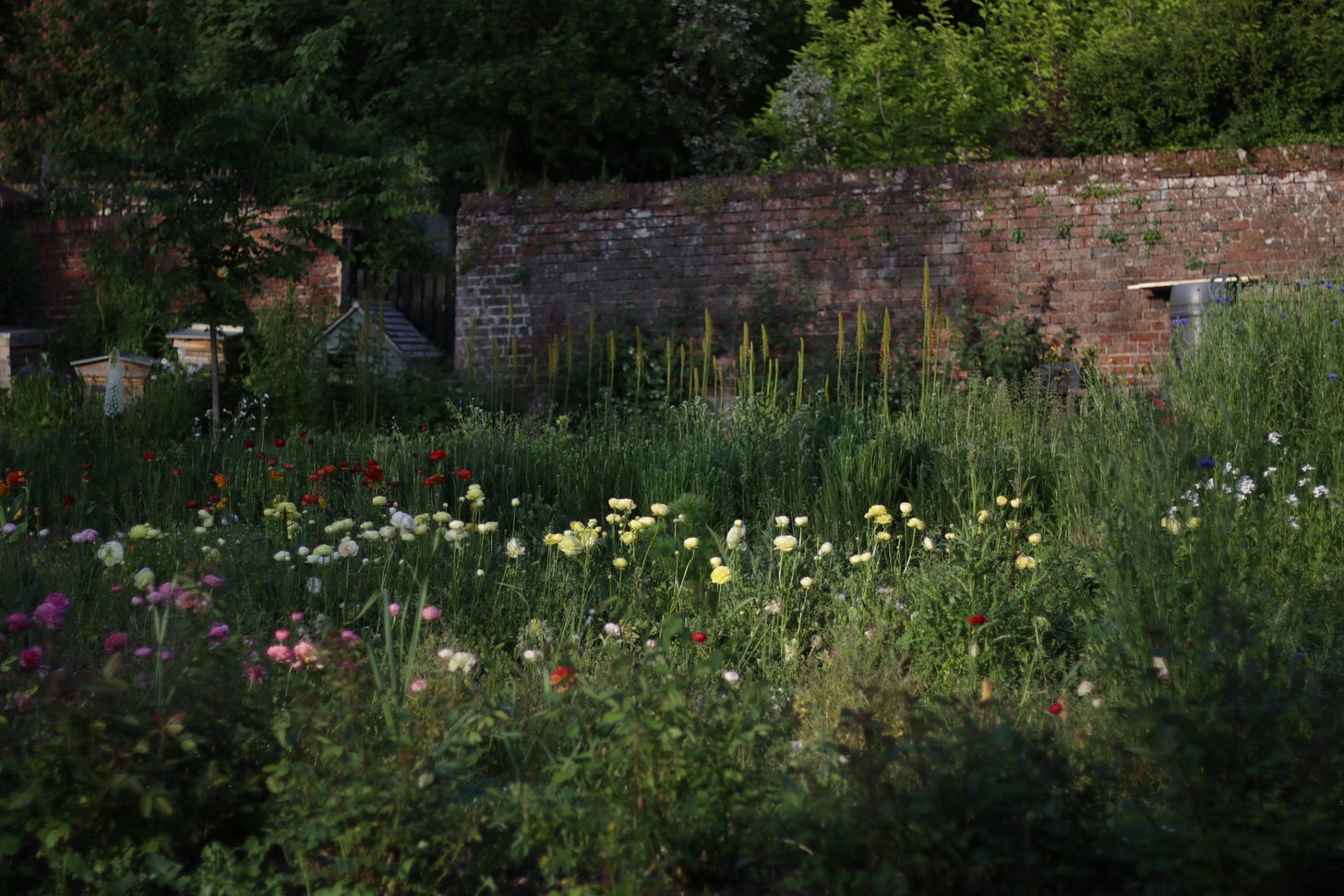‘Why Flowers Matter’ is a series reviewing the impact and benefits of the global and local growing industries.
Five weeks in, and I have only peaked under the wrapper of the flower world, exploring the roots of a global industry.
When so little is known about how and by whom, flowers are grown, is it any wonder that, ‘the Sustainable Lawyer’ remarked ‘but does anyone care’ when I spoke about certifying flowers. I thought it was obvious! True traceability and the immediate recognition from a label that a stem had been grown with care for the people that farmed them, the people that work with them, for the planet and the soils, for the local wildlife, and for the economy.
We only have words and pictures at our disposal to help us decide. Who can we trust with our choices? Each ‘season’ a new word is bandied around to try and get us a little closer to being right, or good. Help us feel assured that we have spent our money well. It’s not an easy task.
In 2023 words like ‘sustainable’ ‘ regenerative’ ‘ethical’ are vogue but what do they actually mean? Bar certifications such as ‘Organic’, fundamentally, a consumer needs a good understanding of how a product is produced, where and by whom - together with the restraints and challenges to do so. Without such, you are making a choice based on what is written on packaging, website or copy.
And there is no law (yet) to stop anyone from making wild greenwashing statements. As Nick Wilde, the crafty entrepreneur fox says in ‘Zootropolis’ “it’s called a hustle sweetheart”.
Long supply chains, faceless workers all in countries far far away are the choices we have supported for a long time to maintain low prices and products on demand. Now.
I dislike that consumers need to be so well educated to make the ‘right’ choice. It simply should be impossible to manufacture products that cause harm to people or planet for profit. But they can. So until ‘they’ can’t, as consumers, we need to educate ourselves.
There are so many things to worry about. We are reminded of the impact of climate change and responsibility of the consumer to make good choices, rather than hold enormous corporations, oil companies, factory farming or mining responsible. This can cause helplessness and real fear with enormous emotional and mental distress.
Splitting the baddies and goodies into them and us, is a brilliant distraction to what really matters.
Since when did we really want fast food, fast fashion or fast flowers? Do they satisfy? I think they leave the aching hole deeper, with a nagging cognitive dissonance. A quick fix that created further separation.
The more I research, the more involved I become, the more I want to retreat into the plots. Grow flowers, food, tend the soil and make compost. Where I feel safe, useful and connected.
When we grow or arrange flowers, I think it is from a place of wanting to connect to ourselves. Isn’t all creativity that? Everyone has a different way of doing so - making music, art, sewing, cooking, decorating, diy, making whatever it is, the alchemy of our effort and unique individual expression is more than the sum of it’s parts. It feels good, safe and whole.
That’s why I grow. To get closer to me. Those flowers grown ‘unnaturally’ have something essential missing and the finished results are lacking. Yes, I am sure it is about connection.
We use flowers at every event to mark the importance of the occasion. ‘Flowers are the music of the ground’, with colours, movement, textures and scent that culminate in a fleeting expression captured in a single floral moment. Gathered in combination, arranged to please. I believe flowers say what we want to say, only better whilst connecting us to place and time.
When flowers are grown to cause damage, they can’t possibly do that. Can they?
So what does growing flowers mean, how do you do it and where can you find them? Whilst not perfect, Flowers from the Farm is a UK network of growers. You do still need to do your research and ask questions but many grow flowers without chemicals and care for the soil, just a few miles from your door. Ask your florist where the flowers come from and how they are grown.
And better still, grow some of your own.
Then if you can’t buy flowers every week from your local grower (and you often can’t between November and March). Even in a small garden, there will be something to pick every week for your table. I maintain that once you start growing and cutting from your garden, allotment or hedgerows, the energy and connection you’ll feel will mean those lifeless imports will be seen for what they are.
Want some help growing your own?
Next week, we’ll start doing just that with my Manifesto for Growing Cut Flowers.
This is the fifth in a series ‘Why Flowers Matter’, the sixth will be delivered next Sunday. I want to take you a little further into the world of flower growing, to inspire you to grow your own and buy locally. Please like and comment to help more people find this newsletter. Better still, share it with your friends or on your social media.
Thank you for reading. This newsletter is a reader-supported publication. The best way to support it is to become a paid subscriber for bonus Tuesday newsletters, hire me to mentor or consult with you about your garden or growing business or hire me to speak.
Your support is very appreciated and helps me grow this newsletter organically without the chemical inputs of sponsorship or ads.







‘Flowers are the music of the ground’ ? What better reason to get involved? Sometimes the simplest expression of what you feel in your heart is enough to move a mountain. As ever, Anna, your powers of persuasion are just what is needed.